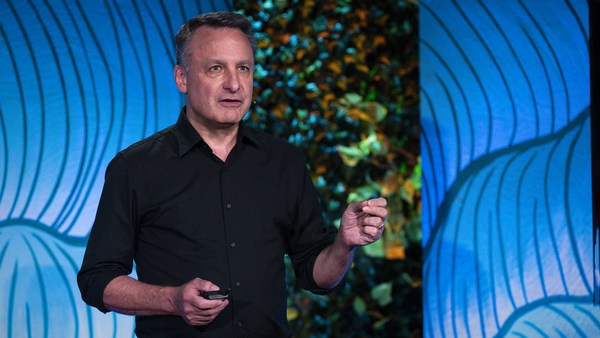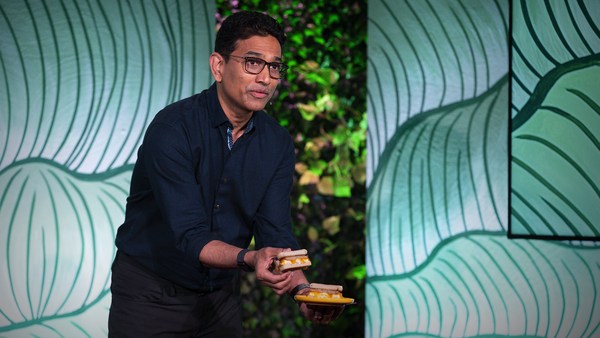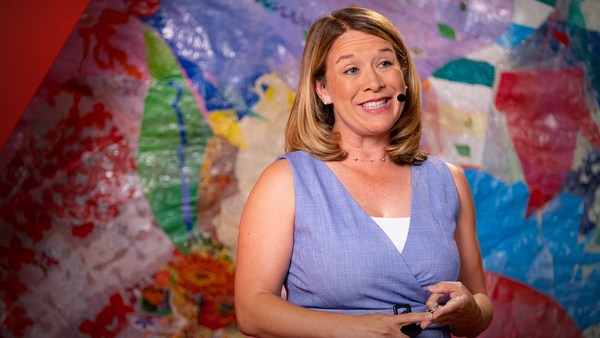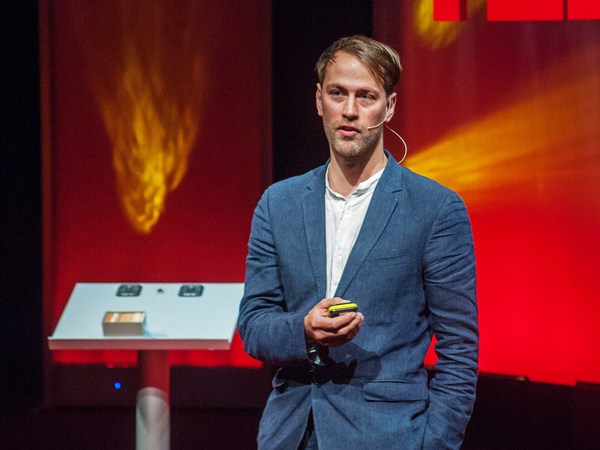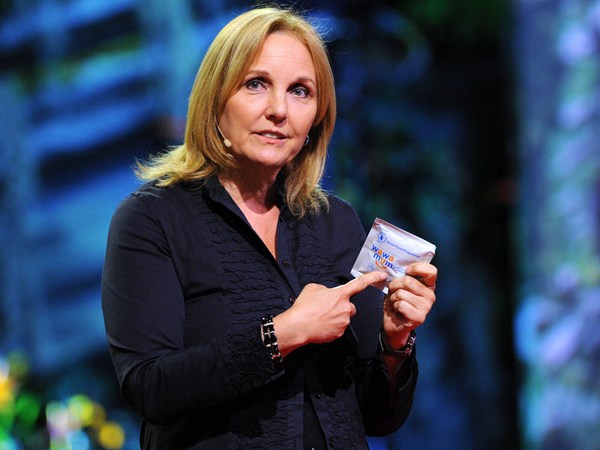Last month, 40 people in Los Angeles tasted a rich and hearty bone broth. It was a special broth, one that involved no slaughter of any animals. The secret ingredient was collagen, brewed like beer using a special yeast and entirely animal-free.
Do you consume collagen in your daily life? Well, collagen is the most abundant protein in our body. Any animal body accounts for 30 percent of our total proteins. So if you're not a vegetarian, chances are you're already consuming collagen. Or even if you think you don't consume any animal product, but not super careful in checking the labels, collagen may still sneak in as a capsule in your medicine or fillers in your facial cream.
Today, let's talk about food. Imagine biting into a perfectly marbled steak. That intricate balance of muscle and fat owes its structure to collagen. Collagen is nature's scaffold, holding everything together in a seamless harmony of nutrition and texture. Without it, we would be left with mere minced fat and muscle. Doesn't seem as appealing, isn't it?
In fact, an average piece of meat we eat contains anywhere between 0.5 to three percent of collagen. And collectively, we consume at least a million metric tons of collagen every year through meat.
Collagen influence extends far beyond the dinner table. Behind the scenes, an entire industry extracts collagen from animal carcasses to produce a myriad of ingredients for food, nutrition and more. To get all that collagen, animal carcasses are boiled in strong acid to yield gelatin, a magic substance behind the squishiness of gummies that we love and the velvety texture of Jell-O.
The industry then further processes gelatin into smaller pieces to make collagen hydrolysates. Millions of health-conscious consumers stir this ingredient in their morning coffees or daily smoothie in order to achieve supple skin, strong bones or other wellness goals.
Because collagen is so versatile in food, a food industry without it is certainly not the same. Looking at alternative protein products in the market we can buy today, meat and seafood emulates are largely in minced form, lacking whole-cut options. Vegan gummies are lacking the squishiness texture in order to attract mainstream snackers. And for millions of consumers stirring collagen powder in their drinks every day, there's no comparable alternatives, so they will be consuming collagen diligently, one that is from the livestock industry.
Looking into the future, it is clear that we need to find the irreplaceable functionality of collagen. The challenge lies in finding effective, ethical and affordable solutions. This is where I come in. Three years ago, I founded a company called Liven. It aims to produce the next generation of collagen without animals.
How do we do it? We produce a special yeast by changing its genetics ... providing instruction how to produce collagen just like animals. We feed this yeast with sugar or glycerol in bioreactors, such like big vats in beer brewing, and we harvest collagen from the fermentation broth for different kinds of applications.
Well, I did not start out as a collagen brewer. I'm actually a chemical engineer with my previous profession growing microorganisms to eat up toxic chemicals in soil and groundwater.
My journey in food started with a simple quest of looking for clean, nutritious and delicious diet for my family. I walked through every single aisle in the grocery store just looking for plant-based proteins that will not fail my family's taste buds, especially my meat-eater husband and my three-year-old. And also, I was looking for something that does not come with a laundry list of mysterious ingredients that I have no idea what they are.
Thanks for the parental policy in Canada, I got one year off work when my daughter was born. Always believing microbes can save the world, I decided to use this break to try to create ingredients that will enable better foods for my daughter's generation, using microbes as a manufacturing. And collagen quickly emerged as our focus because we could see how to brew it easily, and it was also held with health benefits and food functionalities.
Now, don't get me wrong, it is not an easy journey, but we have been making strides. We have been collaborating with colleges and universities to produce collagen in order to do early formulation testing to understand its value for alternative proteins before raising millions of dollars. As you may have guessed, our applications start with bone broth, but if we can make this work, we will be able to scale up to meet the collagen demands without raising more cattle by clearing out the Amazon rainforest and sacrificing these animals to source this important ingredient.
If it works, the supermarket in five to 10 years will be completely transformed. There, you will see slaughter-free steaks adorned with perfect marbling, meticulously arranged around collagen fibers. Bone broths beckon with their richness and offering velvety texture thanks to abundance of gelatin. And there are snacks proudly showcasing the health benefits of collagen peptides meticulously engineered to make the signature of our own body.
Gone are the days of questioning what comes from animals and what doesn't. In this future, every bite you take is not only delectable, healthy, but also sustainable and ethical in this production.
Thank you.
(Applause)
